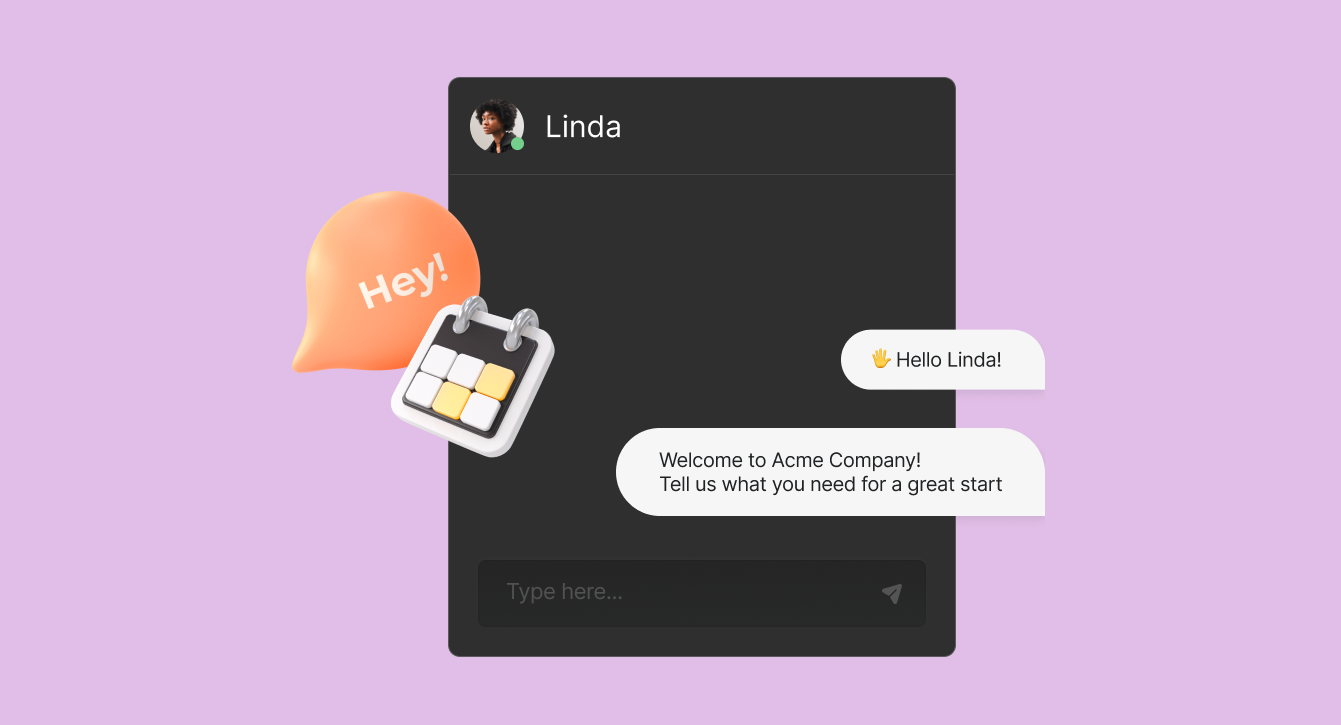How can you solve the challenges of remote hiring?
What does the remote work landscape look like?
The remote work landscape has undergone a profound transformation in recent years, evolving from a niche employment model to a dominant, globally embraced paradigm.
Today, remote work has evolved from being a mere perk to a crucial necessity for many. A recent Forbes study revealed that 39% of office employees would consider leaving their jobs if long-term remote work options weren’t provided.
Teams now span across continents and time zones, collaborating seamlessly in real-time. Such diversity not only fosters innovation but also pushes the limits of what organisations can accomplish. However, this rapidly expanding ecosystem brings its own unique set of challenges.
What are the challenges of remote hiring?
Regulation
Hiring internationally comes with its set of challenges, especially concerning local labor laws. If your organisation doesn’t have a presence in the country where your new employee is based, navigating the varied rules about work hours, benefits, and taxes becomes tricky.
Each country has its unique regulations. In Belgium, there is a set differentiation between employee and contractor, with different benefits packages required for each type of staff member. Whereas in Poland, overtime laws are strict, and capped at 48 hours a week worked, with hefty compensation required from employers. In the United States, regulations differ on the state level, making remote hiring even more complicated for employers.
Mistakes, like not being aware of these specific rules, can result in hefty fines for your organisation. Simply put, without local knowledge, creating contracts and managing remote employees can feel overwhelming.
Cultural awareness
Remote work lets your organisation access talent from all over the world. But while this global reach brings in diverse skills and perspectives, it also comes with its challenges. With various cultural practices coming into play, it’s crucial to understand and manage these differences. While workplace diversity is a major asset, it can sometimes lead to confusion or even disagreements if not handled correctly. Simply put, employers need to be flexible and culturally aware to make the most of a diverse team.
Communication
Clear communication is key for any team’s success. For remote teams, missing out on face-to-face chats can sometimes lead to misunderstandings or feelings of loneliness, weakening the team’s bond. When onboarding remote employees, it’s vital to introduce them well to company rules to avoid confusion.
Also, differing time zones can make communication harder, so it’s important to be mindful of that when planning meetings. Indeed, asynchronous communication seems undervalued here – with only 38% of companies encouraging it.
Equipment
Providing every remote team member with the right tools and a conducive work environment can be tricky. This becomes even more challenging if they are in areas with limited tech resources. On top of that, configuring devices with the right Mobile Device Management (MDM) isn’t just a technical step, but also a logistical one. Making sure everyone has consistent and secure access, regardless of their location, requires thoughtful planning and perhaps additional support structures to ensure smooth operations. This investment in time and resources upfront, however, can pay significant dividends in the long run in terms of productivity and team cohesion.
What is the solution?
Streamlined Job Postings Data
As businesses expand globally, tracking and analyzing job postings data can offer valuable insights into remote hiring trends. By evaluating trends in job ads, companies can pinpoint regions where specific skill sets are in demand or discover emerging talent pools. This data can also be used to gauge salary benchmarks, the rise of certain job categories, and the overall landscape of remote work opportunities. The insights drawn from job postings data can provide organizations with a competitive edge, allowing them to adjust hiring strategies accordingly and tap into the right markets.
Streamlined regulatory compliance
To ensure full compliance with international regulatory standards, it’s highly recommended to leverage the services of an Employer of Record (EOR). Using an EOR can be a game-changer, especially when expanding your workforce in countries where your organisation lacks a legal presence or a deep understanding of local laws and norms. Beyond just the legality, there’s the matter of managing international payroll – a complex task that involves juggling local and international wage norms, currency conversions, and other intricate financial considerations.
Setting up a legal entity for your organisation in a new country isn’t a walk in the park. It’s not just about hefty upfront costs; you’ll also need a deep understanding of the local laws and customs. For many companies merely aiming to tap into a country’s talent pool rather than entering its market, this route can be impractical and overwhelming, making using an EOR the ideal option.
One platform that stands out in this domain is Remote. Not only does it adeptly manage the nuances of international payroll, but it also eases the burden of navigating the labyrinth of tax implications and other associated challenges. What sets Remote apart is its streamlined approach: it allows organisations to tap into a rich, global talent pool without getting bogged down by the intricacies of foreign regulations.
Bridging cultural gaps and enhancing communication
To foster understanding and improve team communication, it’s essential to be flexible about cultural differences. Take, for instance, Saudi Arabia, where the typical work week runs from Thursday to Sunday. Employees accustomed to such a schedule would benefit from adaptable working hours, but it’s vital to ensure they feel integrated with the rest of the team, including those working in-person.
A practical solution is to use the Zelt and Remote integration. This unified platform streamlines the onboarding process, making it clear and straightforward for all employees. It not only accommodates scheduling adjustments due to cultural or time zone differences but also lets team members log personal events like birthdays and PTO. This way, everyone stays informed and can celebrate together, regardless of where they’re based.
Equipment and technical support
Addressing the challenges of cost and logistics related to equipment procurement, especially with UK companies now facing not insignificant duties to ship to the EU post-Brexit, can be intricate. However, integrating a Mobile Device Management (MDM) system with an equipment rental service emerges as a comprehensive solution to these concerns.
Utilising a device rental system is optimal because it significantly reduces overhead costs, turning them into manageable monthly fees for your organisation. Beyond the cost benefits, rental services are especially handy during unforeseen situations like computer malfunctions, ensuring that employees can promptly receive replacement laptops when needed.
Building on that, to maintain uniformity across all devices, it’s essential to implement a Mobile Device Management (MDM) system. This ensures that every employee’s device is standardised, allowing the company’s work procedures and data protection policies to be executed seamlessly.
Consider using Zelt’s device rental system, already preconfigured with MDM regulated by you, the employer, to keep your team universally equipped without the hurdles of cost and hassle.



